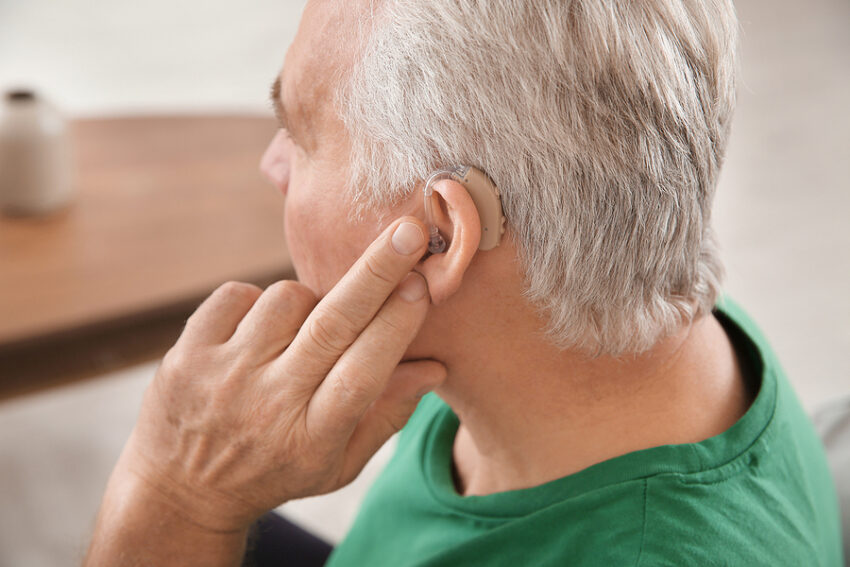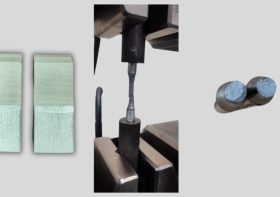How much are hearing aids?

A hearing aid is a small electronic device that you wear in or behind your ear. It makes some sounds louder so that you can hear them better. Hearing aids do not restore normal hearing.
How much are hearing aids? The answer to this question depends on many factors, such as the type and severity of your hearing loss, the features you need, and whether you purchase a basic model or a top-of-the-line device.
Factors that affect the cost of hearing aids
The cost of hearing aids can vary depending on a number of factors. These can include the type of hearing aid, the degree of hearing loss, and the features required. In addition, prices may vary depending on the retailer and whether or not insurance is covering the cost.
Type of Hearing Aid
There are a variety of different types of hearing aids available on the market. The most common types are behind-the-ear (BTE) aids, in-the-ear (ITE) aids, in-the-canal (ITC) aids, and completely-in-canal (CIC) aids. BTEs are the largest type of hearing aid and are visible when worn. ITEs are smaller and fit inside the outer portion of the ear. ITCs and CICs are even smaller and fit further inside the ear canal.
Degree of Hearing Loss
The degree of hearing loss also affects the cost. Some people with mild to moderate hearing loss may be able to get by with one type of hearing aid, while those with severe hearing loss may need two or more types. The type of hearing aid you need is determined by the degree of your hearing loss. For example, someone with mild to moderate loss may be able to use one type, while someone with severe loss may need two or more types.
Features Required
The features of a hearing aid are not all the same, and you have to consider the degree of your hearing loss when choosing a device. People with sensorineural loss may require more advanced features than those with conductive loss.
Sound Quality
The quality of sound your hearing aid produces also plays a role in determining what type you need. Some people with sensorineural loss may not be able to wear hearing aids that produce sounds very loudly, and this is especially true if they have tinnitus or hyperacusis.
Where to get hearing aids?
There are a few different options for where to purchase hearing aids. One option is to go through a private audiologist. A private audiologist will usually have a higher price for hearing aids, but they will also provide more personalized service and care.
There are online retailers that sell hearing aids. The prices on these websites can be very competitive, but it can be difficult to know if you are getting a good quality product. It is important to do your research before purchasing hearing aids from any of these sources.
Tips for saving money on hearing aids
If you or a loved one are dealing with hearing loss, you may be wondering how to afford hearing aids. Here are a few tips for saving money on hearing aids:
1. Do your research: there are a lot of different brands and types of hearing aids available, so it’s important to do your research to figure out which one is right for you. Once you have an idea of what you need, you can start shopping around for the best price.
2. Consider used hearing aids: if you’re not able to afford new hearing aids, consider looking into used options. You can often find good quality used hearing aids for a fraction of the price of new ones. Just make sure to get them from a reputable source and have them checked by a professional before using them.
3. Use your insurance: if you have health insurance, it s worth checking out what kind of coverage you get for hearing aids. If you’re able to get them through your Medicare or Medicaid plan, it may be cheaper, in the long run, to just pay a small percentage of the cost.
Conclusion
In conclusion, hearing aids can be expensive but there are many ways to get help with the cost. There are government programs, non-profit organizations, and financial assistance from manufacturers. Do your research and don’t be afraid to ask for help so you can get the best possible hearing aid for your needs.



